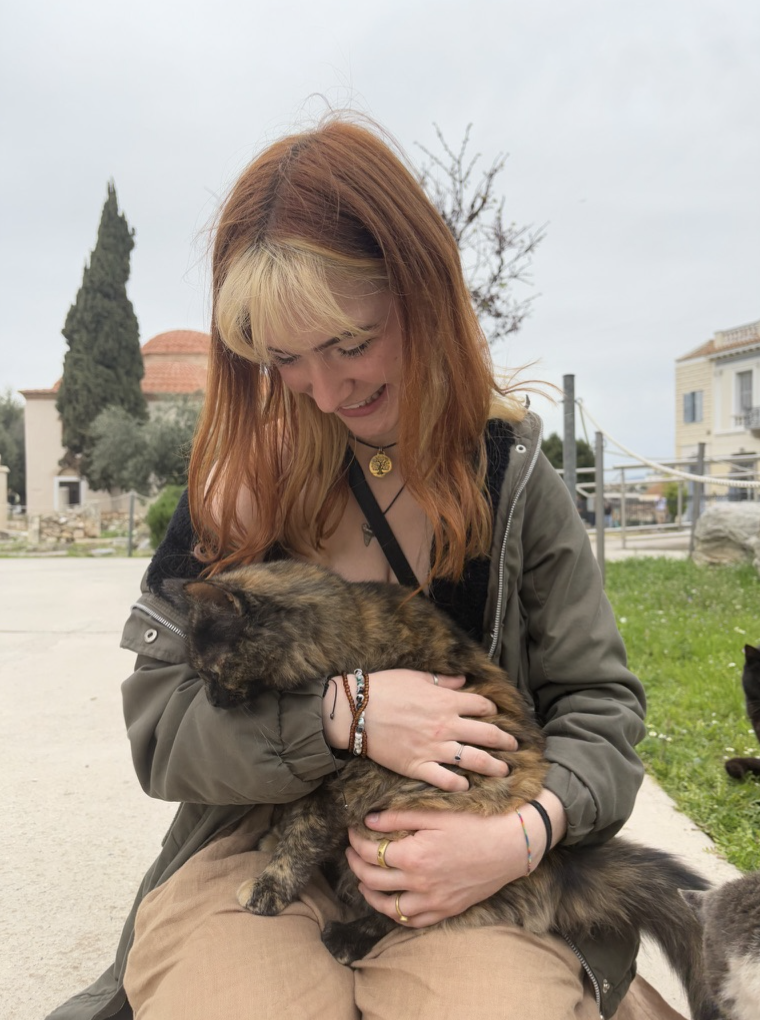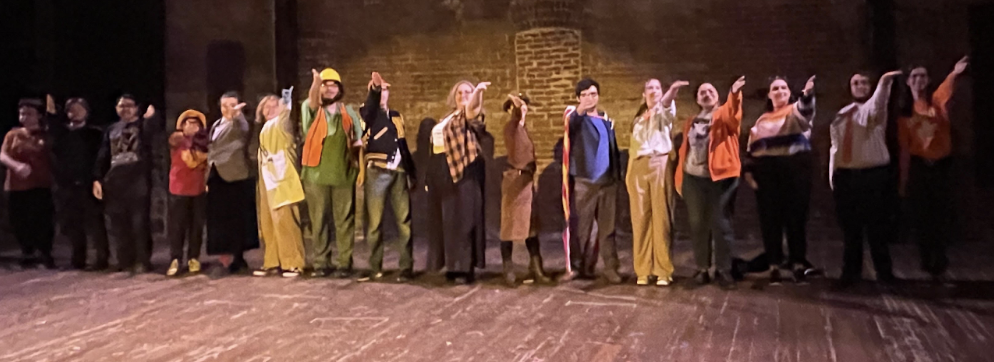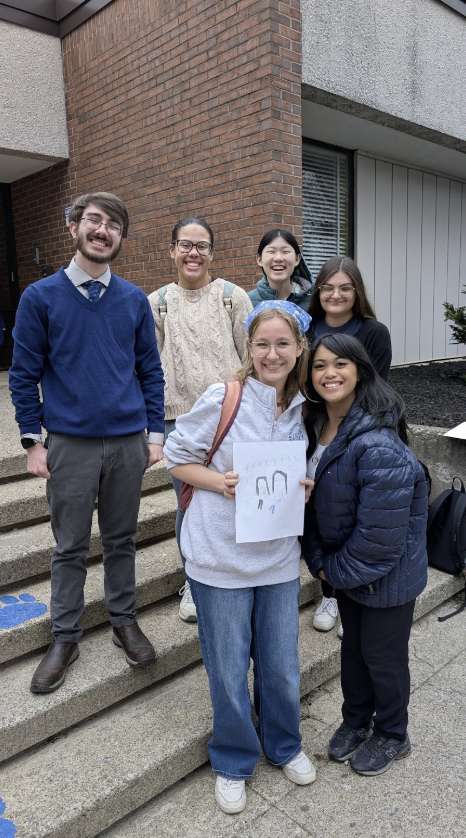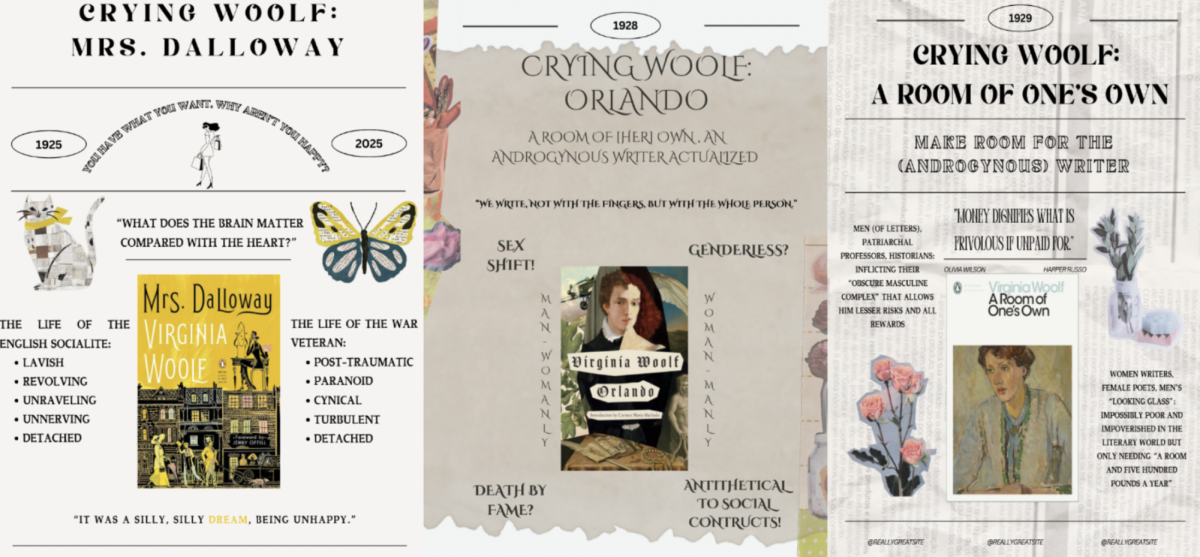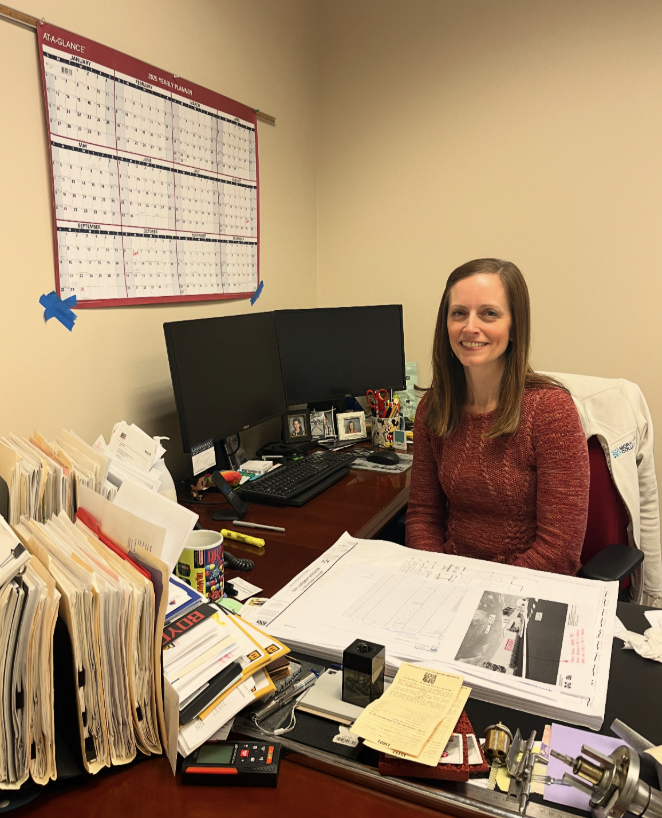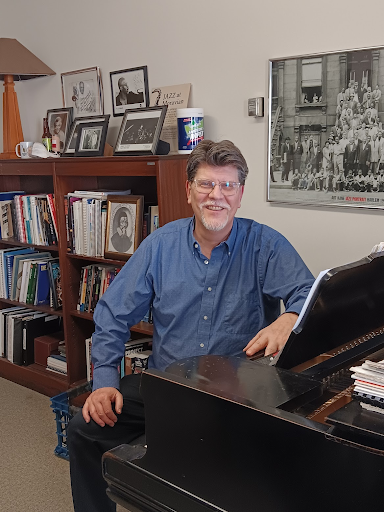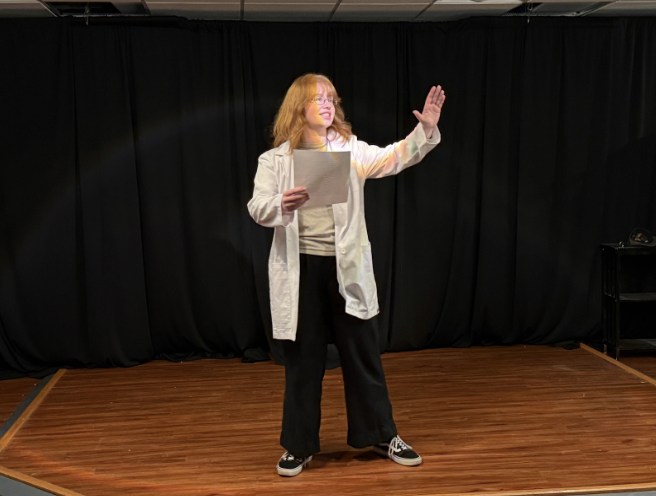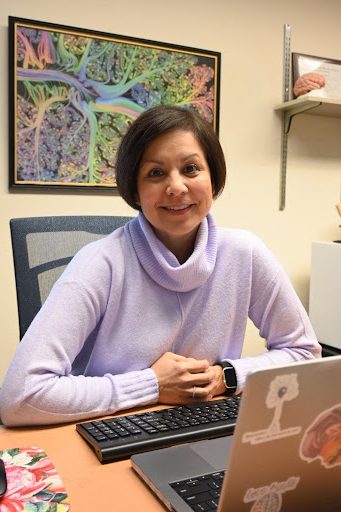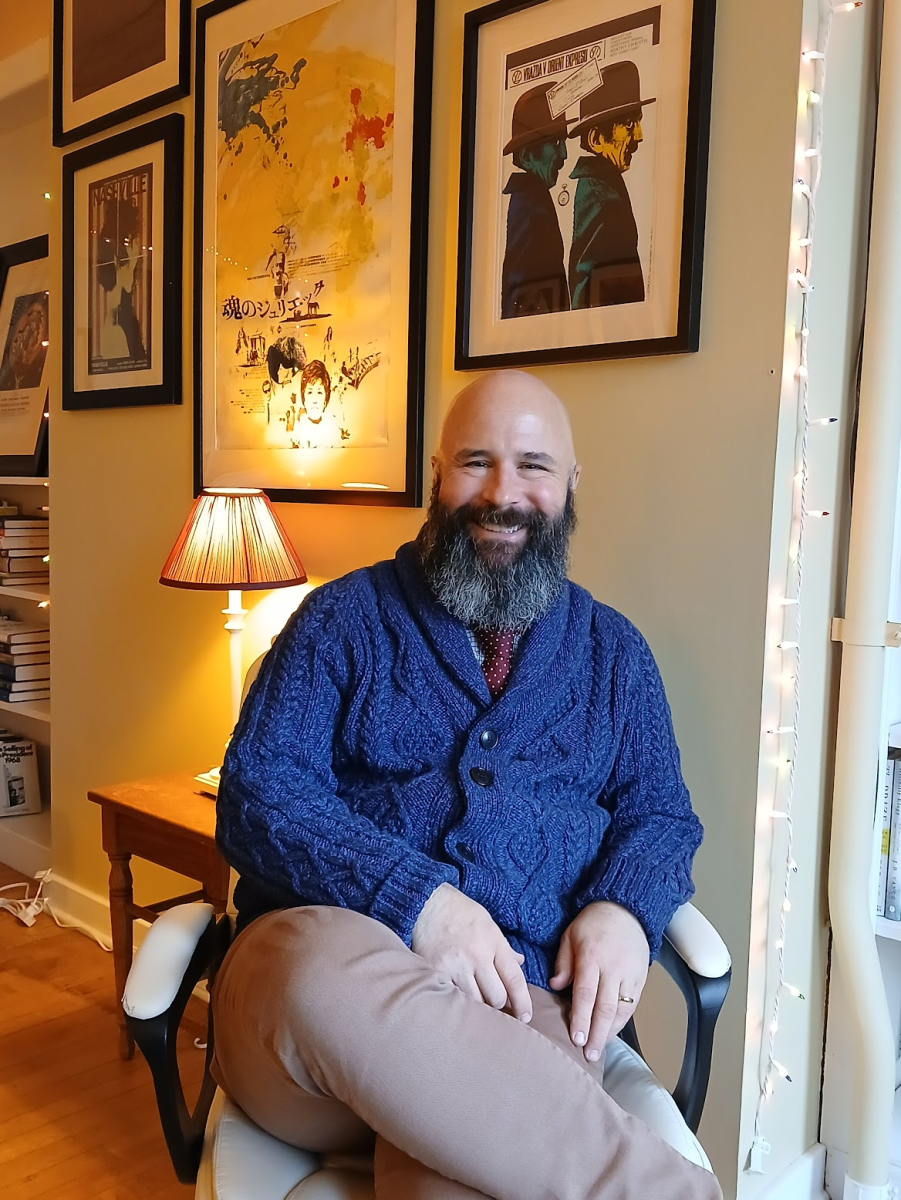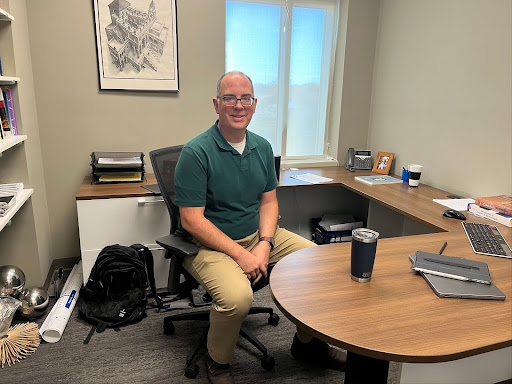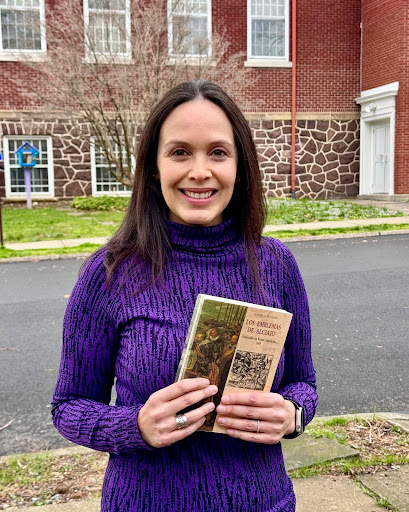
As an undergraduate, Dr. Chu studied at the University of North Carolina at Chapel Hill and received a BA in International Studies. He also studied law at American University Washington College of Law and received a JD degree. He has an active New York attorney license. As a graduate student, he attended the University of Arizona and received a PhD degree in anthropology. An assistant professor of anthropology, he studies legal and linguistic anthropology, with a focus on the socialization of lawyers.
What inspired you to go into your field of study?
As I grew up living in Asia and the Americas, I noticed many forms of oppression and inequality. I felt that this was not right and that I should do something about it. I went to law school thinking that the law would be the best means to bring about justice. But, I was wrong. Instead of becoming an agent of justice, I was being groomed to work for a law firm which put profits first. I searched for alternative careers and chose to pursue graduate studies in legal and linguistic anthropology. Anthropology helps me understand how the law, language, and socioeconomic conditions are intimately linked, creating legal processes that profoundly impact individuals and communities. Through my criminal justice research at Moravian University, I hope to promote broader dialogue and understanding among criminal justice actors and local communities, creating a platform of shared understandings that will lead to clearer visions of the common good and the practical will to pursue greater justice.
What research are you currently working on?
My current research examines the role of lawyer socialization in the administration of criminal justice. I believe that the socialization of criminal lawyers occurs after law school, as they combine everyday legal practice with black letter law, the legal subculture, and visions of justice shaped by personal experiences. Currently, however, there is little literature explaining how criminal lawyers achieve professional competence. By shedding light on the social lives of criminal prosecutors and defenders, my research fills a gap in current criminal justice research, which has done substantial research on police officers and police subcultures as well as correctional officers and correctional subcultures, but comparatively little work on the culture of criminal lawyers.
What do you think is the most recent important development in your field of study?
Because it combines quantitative and qualitative research methods and theories, criminal justice is fertile ground to test new ideas, approaches, and directions in the social sciences. Currently, the social sciences are embracing novel theoretical frameworks based on the experiences of the oppressed in the global South. The works of theorists such as Achille Mbembe allow me to release my dependence on the pillars of critical European and US social thought such as Judith Butler and Michel Foucault. Adapting theoretical frameworks shaped by the oppressed affords new understandings of the physics of social life and death, which will allow me to delve deeper into the incalculable rhythms of marginalized beings left out by traditional criminal justice theories and methodologies.
What job would you have if you couldn’t be a professor, regardless of salary and job outcome? Why?
I would have become an international activist in human rights or humanitarian law, traveling to camps and shelters and raising awareness of people’s rights. I like to work on the ground, listening to people’s grievances and making sure that promises are delivered in tangible, durable ways. It is a scary thought to let everything go and make a living moving around the most impoverished, conflict-ridden areas of the globe. But, it would have made my life very meaningful, while hopefully improving the lives of those I encountered along the way.
What do you know now that you wished you knew when you were in college?
Worrying about grades does you no good. Having a positive attitude towards learning, on the other hand, transforms your entire college life. Let your curiosity run wild! I wish someone made me do this, like I am challenging you right now: Drop by your professor’s office when they least expect it and ask them, “I don’t understand this.” You will both have an epiphany moment. The professor will see you in a different light and set everything aside to make sure that you understand the material. You will see where your professor is coming from and get a profound “sense” of what they are trying to teach. It is a win-win situation. I would thus tell my younger, college- age self: “Talk to your professor! You will have a truly amazing and unforgettable learning experience.”
What is your biggest student pet peeve?
Using AI tools to generate and submit written assignments as their own. It is easy for professors to detect AI work. Detecting AI creates uncomfortable policy and ethical dilemmas for professors, because using AI without permission is cheating. As I mentioned in my previous answer, if you feel you need assistance to complete an assignment or understand a concept, you already have the best “Intelligence” at your disposal: A real professor!
What should students expect from your classes? What is the secret to succeeding in your classes?
In all my classes, I challenge students to (re)consider things that they take for granted. Are criminals “bad”? Is culture all about “ethnic difference”? Does international law stop at the doors of state “sovereignty”? To succeed in my classes, students should genuinely engage in class dialogue, which starts by breaking away from the usual “scripts” that people use to talk about issues. Every iteration of the same class is different, because society changes and students are different, and so the knowledge created is also different. I cherish students who actively contribute to the co- construction of knowledge through mutual engagement and growth.
What was the last streaming show that you binge-watched or the last good book that you read?
I enjoyed reading “Light from Uncommon Stars,” by Ryka Aoki. It beautifully merges all kinds of genres in unexpected ways, yielding a fabulous narrative about love and art that “transcends” in so many levels. I also like to binge-watch paranormal investigation shows on YouTube.
What is something interesting about you that most people don’t know?
Horror movies do not scare me, except one: The original, Japanese “Grudge (Ju-On).”
What is the biggest example of culture shock that you personally experienced when coming to America for the first time?
Fraternities. During my freshman year at a U.S. university, nearly everybody in my dormitory hall, not including myself, was recruited by a fraternity. As I tagged along with my hallmates, I got closely acquainted with different aspects of fraternity life, including quaint initiation rites, stories about the latest pranks and exploits, and sports, alcohol, and women. It was quite strange, and baffling that anyone would enjoy this kind of lifestyle.


